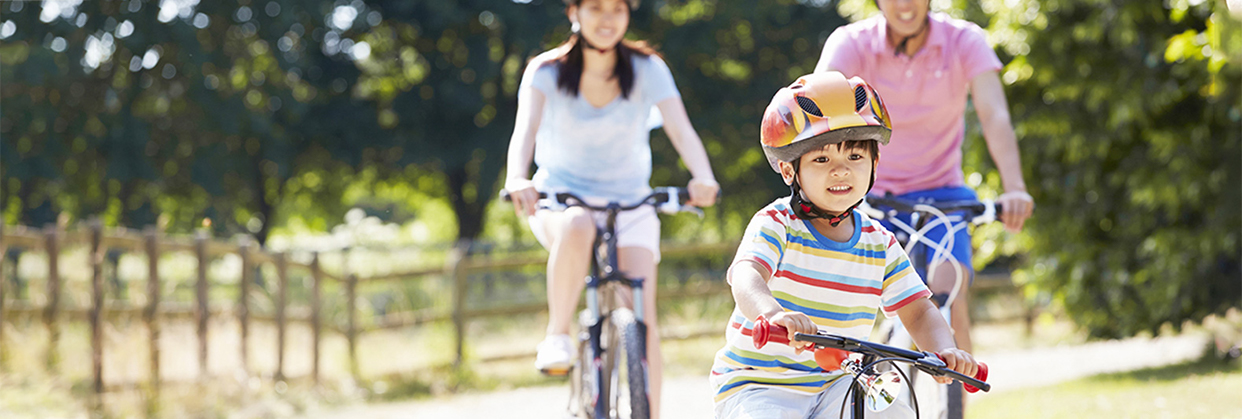Mister Rogers & The Recipe For Childhood Joy

I treated myself recently to one of my favorite slices of Americana; taking in a film at an old-fashioned downtown movie theater complete with the original marquee and exactly one ticket booth. I was thrilled at how bustling things were in this small town on a Friday night. It was challenging to find parking and the line for the movie practically embraced the block. In a time when nearly every move we make is orchestrated with computerized synchronization, it was refreshing to experience a movie starting almost 20 minutes late, not because of extended trailers, but because it took longer just to seat the crowd. Even more affirming was knowing the folks were queued up to see “Won’t You Be My Neighbor?”, the documentary about Fred Rogers.
It’s hard to grasp that a chubby kid, born into affluence and bullied throughout childhood, could become a national symbol of kindness and an advocate for all children. I grew up watching Mister Rogers hand-in-hand with many of the violent cartoons of that era that he rallied against. My father was the antithesis of Fred Rogers and I remember wondering why my dad was not so gentle. As an only child surrounded most often by adults much older than I, play was a very small sliver of my childhood pie. By age 10, I knew about the stock market and checkbooks but little about playing and relating to other kids. Children seemed sort of foreign to me until I became a mother. Then, those two little bundles of pink joy never once felt foreign – at least, not until they became teenagers.
Like many mothers, I was determined to approach my role with perfection – making sure their clothes were clean and the colors matched; creating home-cooked meals; writing little notes they’d find in their school lunches; being a Girl Scout leader and softball mom, and on it went. Reflecting on those days, I realize I gave my daughters lots of things they needed from a mother, but I never shared the experience of play in a Mr. Rogers sort of way. We rarely get a redo with the important things in life, but sometimes we get a chance to learn the lesson we need. Such a moment came this summer in the person of a red-haired, over-the-top, wicked-smart, nine-year-old boy named Brody. We are connected to a uniquely-blended family that is both too complicated and yet simplistic to explain. Each year, we share space for extended periods of time. I’ve always liked this kid. Last summer, we had a great conversation about his thoughts on creationism versus evolution and I remain in awe at the speed of his fingers with the game Minecraft. But something was different this summer. Maybe I yearned for the pieces of childhood I had missed. Maybe I was missing my own granddaughter, Hailey, whom I don’t get to see very often. Whatever the reason, this summer I really connected with Brody, and this connection occurred around his world – the world of play. We played air hockey, Monopoly, and backyard badminton in record heat. Each day, I gave Brody one riddle to solve and he challenged me with a knock-knock joke. We went camping – in a tent – in the rain. And when it came time for Brody to head home hundreds of miles away, I sobbed and sobbed. I chalked up the emotion to age and missing my granddaughter. But that wasn’t it at all.
As I watched the Fred Rogers documentary, I had an epiphany. I finally saw why Fred was so very good with children and I understood at last why my experience with Brody this summer was so transformative. Like Fred Rogers, I gave Brody what he and I needed most – the time simply and joyfully to P L A Y. Mr. Rogers gave children the greatest gift possible; someone to listen to them, laugh with them, calm their fears, and play beside them. Fred Rogers embodied what it means to be a friend and by extension, a good neighbor. This gentle and caring man developed a recipe for childhood joy. Go see this film and find time to play with the children you love or the child within you. It’s really very simple.

